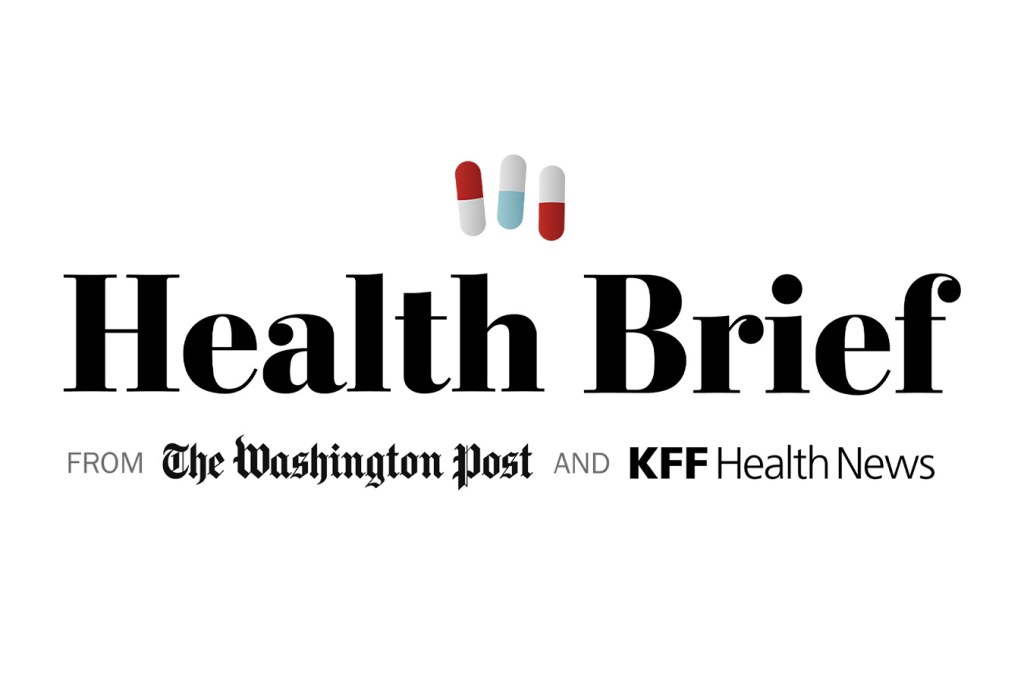As states turn to the health-care system to help address homelessness, experiments with housing and other social services aimed at getting people healthier and off the streets are running up against new, aggressive crackdowns — with some cities ratcheting up enforcement of existing anticamping laws and others passing new restrictions. From Florida to California, elected California, Public Health, States, Health Brief, Homeless KFF Health News
As states turn to the health-care system to help address homelessness, experiments with housing and other social services aimed at getting people healthier and off the streets are running up against new, aggressive crackdowns — with some cities ratcheting up enforcement of existing anticamping laws and others passing new restrictions.
From Florida to California, elected officials and law enforcement agencies have launched widespread operations targeting homeless people following the U.S. Supreme Court’s ruling in June that makes it easier for states, cities and counties to fine and arrest those living outside — even if there is no shelter or housing available.
“These tactics cause chaos, not order. They are not a solution to homelessness, and in fact, they will make the problem worse,” said Ann Oliva, CEO of the National Alliance to End Homelessness.
The sweeps are a response to rising public frustration over the proliferation of homeless encampments and the public health hazards that often accompany them.
But a growing body of evidence indicates that housing services and health care can help get people off the streets while stabilizing their health. What to do about homelessness has become a rising political issue.
“Voters believe mental health and physical health care are important parts of the solution,” said Celinda Lake, a national Democratic pollster. “They feel if you just arrest people and move them around, you’re just going to make the situation worse. Voters want real solutions. That’s what we’ve heard from Minnesota to Tulsa, to Omaha, Nebraska, and even Great Falls, Montana.”
Politicians are responding to the visibility of homelessness by clearing encampments, but in doing so, they are thwarting efforts to stabilize people and make them healthier.
Those sweeps are breaking crucial connections to street medicine providers, housing navigators and case managers funded by Medicaid and through other state and national programs, including the federal Health Care for the Homeless program launched in 1987 to improve the health of those living outside.
As law enforcement operations expand, health-care providers on the ground say the efforts are making people sicker. Homeless people are skipping medical appointments, losing their medications, and having their IDs, birth certificates and other vital documents thrown away, slowing efforts to get them indoors.
Health and social service providers in cities across the West, where there has been a surge in people living outdoors, also report an uptick among homeless people in substance use, thoughts of suicide and other mental health issues such as anxiety and depression.
“There’s all this health-care money to try to stabilize people and get them to a place where they can get healthy, but if they’re constantly being forced to move, we can’t find them,” said Beth Rittenhouse-Dhesi, a longtime street medicine provider in San Francisco.
“People are losing their medications or getting them thrown away, and all of a sudden, conditions like diabetes, hypertension, HIV, asthma, opioid use … are becoming significantly worse,” because they are left untreated.
This article is not available for syndication due to republishing restrictions. If you have questions about the availability of this or other content for republication, please contact NewsWeb@kff.org.
KFF Health News is a national newsroom that produces in-depth journalism about health issues and is one of the core operating programs at KFF—an independent source of health policy research, polling, and journalism. Learn more about KFF.
USE OUR CONTENT
This story can be republished for free (details).





